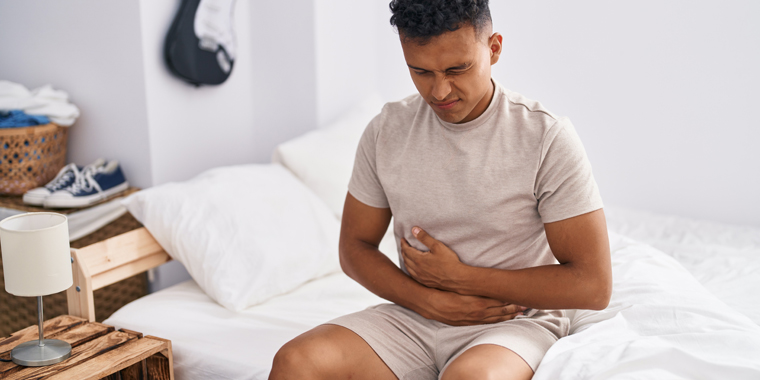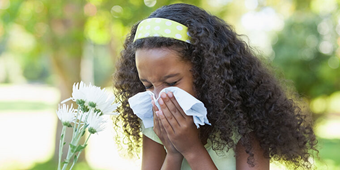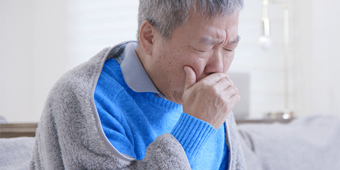- Infectious Disease
- Injury and Illness
- Prevention
- Treatment
- Understanding Infectious Diseases
- Your Family's Health
Norovirus On the Rise: How To Protect Yourself

Answer a few questions and we'll provide you with a list of primary care providers that best fit your needs.
Norovirus – also called stomach flu, viral gastroenteritis, or GI bug – is spreading across the country. One of the hardest hit areas so far is the Midwest. The Centers for Disease Control and Prevention (CDC) reports a noticeable uptick in recent weeks, surpassing last year’s numbers for the same time period.
Premier Health Now talked with advanced practice registered nurse Brittany Jamison, MSN, APRN, FNP-C, of Premier Health Urgent Care, about how to spot norovirus and what you can do to treat and prevent it.
“We’re definitely seeing a rise in cases of norovirus,” Jamison says. “It can last anywhere from about three to five days.” Norovirus is not related to flu (influenza), which is a seasonal respiratory illness.
Symptoms of norovirus, which is a highly contagious illness, can include:
- Stomach pain
- Nausea
- Vomiting
- Diarrhea
- Fever and body aches
Jamison notes, “Norovirus doesn't necessarily target one specific population, but it often impacts our vulnerable populations such as the elderly, young children, and chronically ill individuals most severely. It is more commonly seen and transmitted in highly trafficked settings and spaces such as schools, daycares, healthcare settings, and long-term care facilities.
"Norovirus is often contracted during this time of year at crowded events such as concerts and weddings, because it's very easily picked up from one person to another through hand contact and can live on surfaces for days or weeks."
How To Prevent And Treat Norovirus
Up to 20 million Americans get norovirus each year.
Prevention begins with thorough handwashing, Jamison says.
“Make sure you’re cleaning surfaces well with an appropriate cleaning solution,” she adds. “I recommend laundering jackets, lunch boxes, and backpacks and really anything that you and your family may take out and about in the community.”
Jamison continues, “If you do feel ill, please stay home. We don't want people to miss events given the recent few years, but if you do have norovirus symptoms, avoid crowded events where you could potentially give the virus to someone else.”
Because it’s a virus, norovirus doesn’t respond to antibiotics, and there is currently no vaccine.
”There is a test for it, but we don’t often perform that in an outpatient, primary care, or urgent care setting. We base the diagnosis on the symptoms you describe and how you present to our offices,” Jamison says.
To treat symptoms, she recommends:
- Increase fluids as you are able.
- Avoid greasy or spicy foods when you do feel like eating and stick with more bland foods such as dry toast or crackers.
- Use over-the-counter pain medications/fever reducers, as needed, per package instructions.
- Call your doctor or go to the emergency department if you are feeling dehydrated and are unable to tolerate any or very little fluid intake.
Answer a few questions and we'll provide you with a list of primary care providers that best fit your needs.
Source: Brittany Jamison, MSN, APRN, FNP-C, advanced practice registered nurse, of Premier Health Urgent Care; New York Post; Centers for Disease Control and Prevention (CDC)





